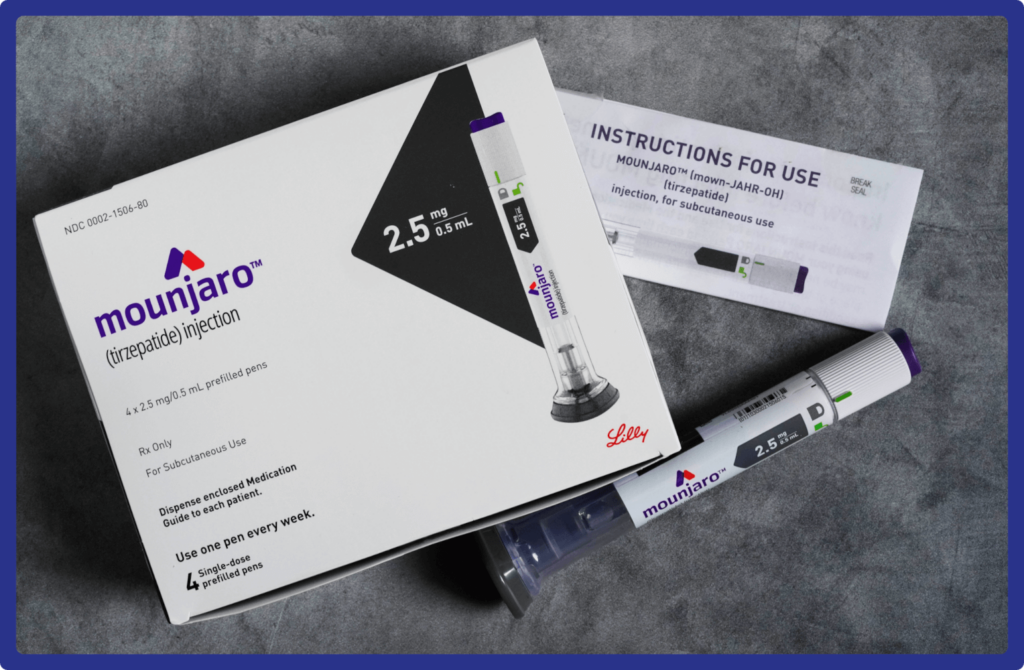Chikungunya Virus China Outbreak 2025: What UK Travellers Need to Know
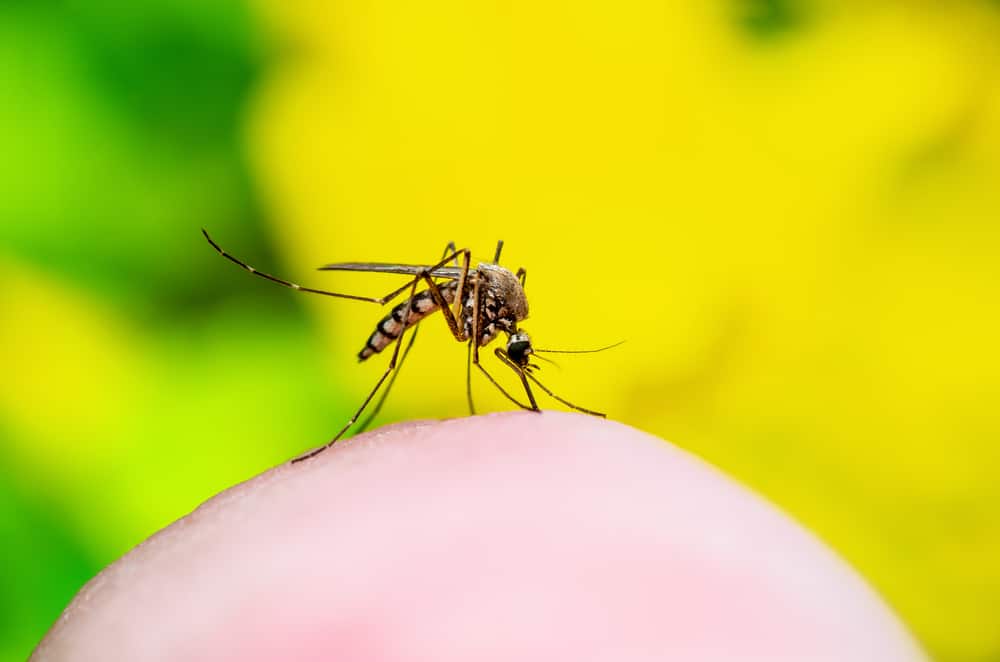
Saty up to date with the latest travel news with Miles Pharmacy & Travel Clinic. If you have any questions please contact our team.
China is facing its largest-ever chikungunya outbreak, with over 8,000 confirmed cases flooding hospitals in Guangdong Province. If you’re planning to travel to China or have recently returned, here’s everything you need to know about this rapidly spreading mosquito-borne virus and how to protect yourself.
At Miles Clinic in Epsom, we’re monitoring this outbreak closely and providing essential travel health services to keep Surrey residents safe.
BREAKING: CDC Issues Level 2 Travel Advisory
The US Center for Disease Control and Prevention has issued a Level 2 “Practice Enhanced Precautions” alert for travel to Guangdong Province, China. This is the largest chikungunya outbreak in China’s recorded history, with most cases concentrated in Foshan city – home to nearly 10 million people.
Current outbreak status:
- Over 8,000 confirmed cases since June 2025
- Foshan city epicentre with rapid community spread
- Cases spreading to Hong Kong, Macao, and neighbouring provinces
- Peak transmission occurring during China’s wet season
What Is Chikungunya Virus?
Chikungunya is a viral disease transmitted through the bite of infected Aedes mosquitoes – the same species that spread dengue and Zika viruses. The name comes from a Kimakonde word meaning “that which bends up,” describing the stooped posture of people suffering from the severe joint pain it causes.
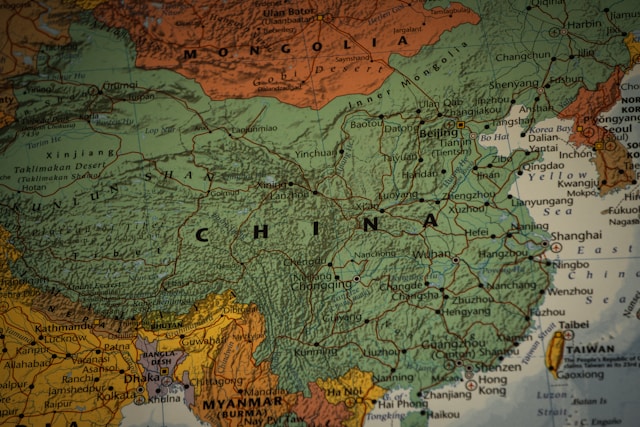
Key Facts About Chikungunya:
- Transmission: Aedes aegypti and Aedes albopictus mosquitoes
- Incubation period: 3-7 days after infected mosquito bite
- Not contagious: Cannot spread person-to-person
- Global presence: Reported in over 110 countries
- Climate factor: Thrives in warm, humid conditions
Why This China Outbreak Is Different
This outbreak marks the first major chikungunya transmission in mainland China. Because the Chinese population has no prior immunity to the virus, it’s spreading rapidly through dense urban areas. Chinese authorities have implemented COVID-era measures including mass testing, quarantine, and widespread insecticide spraying.
Chikungunya Symptoms: What to Watch For
Most people infected with chikungunya develop symptoms within a week of being bitten by an infected mosquito. The disease rarely kills, but it can cause debilitating long-term joint pain.
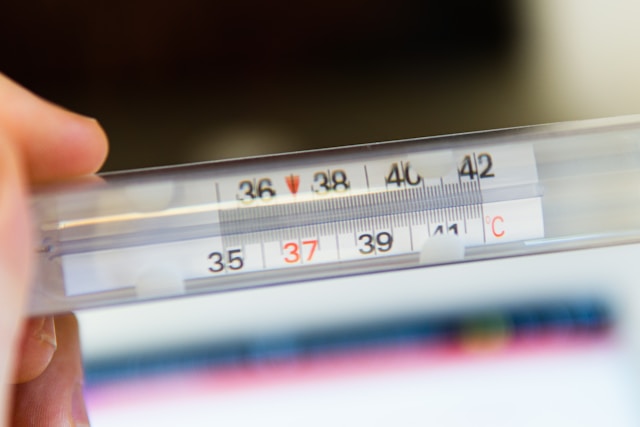
Immediate Symptoms (3-7 days after bite):
- Sudden high fever (often above 39°C/102°F)
- Severe joint pain – particularly hands, wrists, ankles, and feet
- Headache and muscle pain
- Joint swelling
- Skin rash (appears in about 50% of cases)
- Fatigue and nausea
Long-Term Complications
The most concerning aspect of chikungunya is chronic joint pain that can persist for months or even years after the initial infection. Studies show:
- 30-50% of patients experience prolonged joint symptoms
- Women and older adults face higher risk of chronic pain
- Pre-existing joint conditions may worsen significantly
- No specific treatment exists for chronic symptoms
When to Seek Medical Attention
Contact a healthcare provider immediately if you develop fever and joint pain within 7 days of:
- Travel to affected areas of China
- Potential mosquito exposure in outbreak regions
- Return from Guangdong Province
Current China Outbreak: Latest Updates
The 2025 China chikungunya outbreak represents a significant escalation in global chikungunya activity. Here’s what UK travellers need to know about the current situation.
Outbreak Timeline:
- June 2025: First cases detected in Foshan, Guangdong Province
- July 2025: Rapid community spread confirmed
- August 2025: Over 8,000 cases reported, CDC issues travel notice
- Present: Cases spreading to neighbouring regions
Most Affected Areas
High-risk locations in China:
- Foshan city (outbreak epicentre)
- Guangdong Province (widespread transmission)
- Hong Kong (imported cases from mainland)
- Macao (linked cases confirmed)
Secondary spread:
- Hunan Province (cases over 400 miles from epicentre)
- Multiple cities within Guangdong reporting cases
Government Response
Chinese authorities have deployed extensive control measures:
- Mass mosquito eradication using insecticides and drones
- Community isolation for infected individuals
- Hospital capacity expansion – over 7,000 mosquito-proof beds
- Water source monitoring to eliminate breeding sites
- Public health surveillance with daily case reporting
Who Is at Greatest Risk?
While anyone can contract chikungunya, certain groups face higher risks for severe disease and complications.
Higher Risk Travellers:
- Adults over 65 – increased risk of severe symptoms
- Pregnant women – risk of transmission to newborn
- People with chronic conditions – diabetes, heart disease, joint disorders
- Immunocompromised individuals – weakened immune systems
- Business travellers to affected provinces
- Extended stay visitors to Guangdong region
Lower Risk Scenarios:
- Transit passengers through affected airports
- Indoor-only business meetings in air-conditioned facilities
- Winter travel (outside peak mosquito season)
- Northern China travel (outbreak confined to southern regions)
Chikungunya Vaccination: Your Best Protection
Two chikungunya vaccines are now available in the UK, providing crucial protection for travellers to outbreak areas.
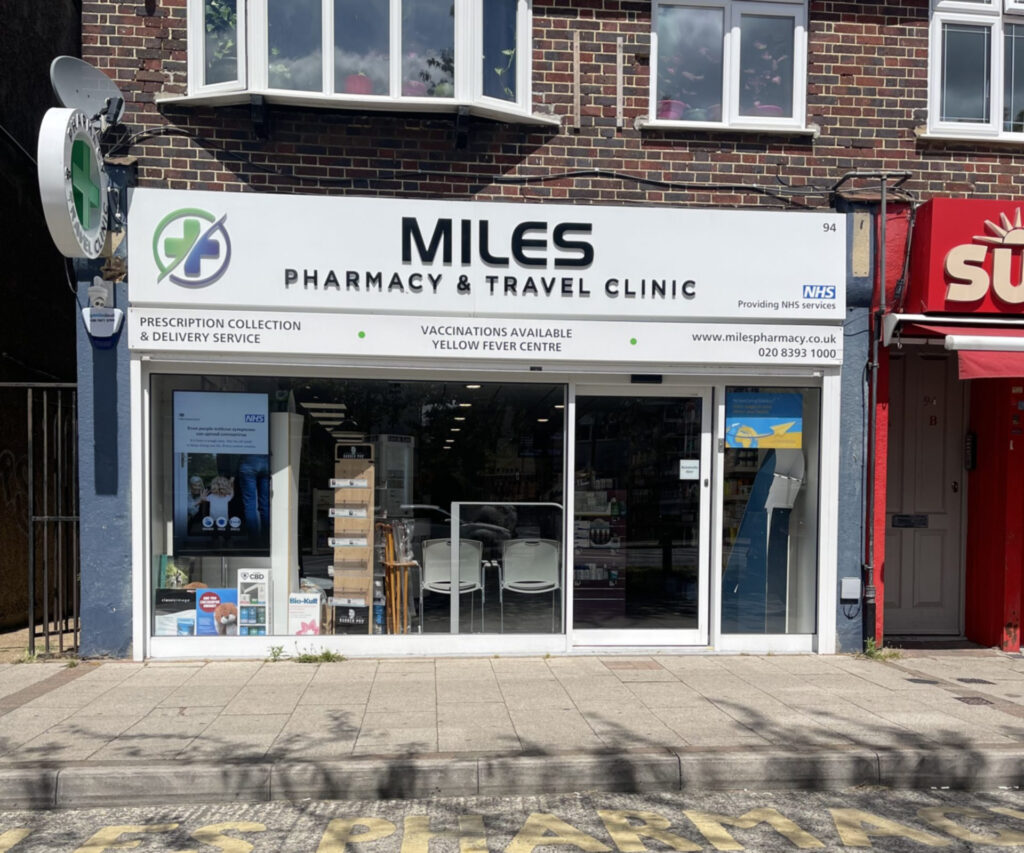
Available Chikungunya Vaccines:
IXCHIQ (Live-attenuated vaccine):
- Age group: Adults 18 years and older
- Doses: Single injection
- Protection: Begins within days
- Precaution: Not recommended for adults over 60
VIMKUNYA (Virus-like particle vaccine):
- Age group: 12 years and older
- Doses: Single injection
- Safety profile: No live virus components
- Suitable for: All eligible age groups
Vaccination Recommendations
The CDC recommends chikungunya vaccination for:
- All travellers to areas with active outbreaks
- Extended stay visitors to endemic regions
- Laboratory workers handling the virus
- High-risk individuals travelling to affected areas
Vaccination Timeline
Ideal timing:
- 2-4 weeks before travel for optimal protection
- Minimum 1 week before departure
- Same-day appointments available for urgent travel
Preventing Chikungunya: Beyond Vaccination
While vaccination provides the best protection, mosquito bite prevention remains crucial for all travellers.

Mosquito Bite Prevention:
Personal Protection:
- DEET-based repellent (20-30% concentration)
- Long-sleeved clothing during peak biting times (dawn and dusk)
- Light-coloured clothing (mosquitoes prefer dark colours)
- Closed footwear to protect feet and ankles
Accommodation Choices:
- Air-conditioned rooms when possible
- Window and door screens in good repair
- Bed nets if staying in basic accommodation
- Higher floors (mosquitoes prefer ground level)
Environmental Awareness:
High-risk locations to avoid:
- Standing water – flower pots, containers, gutters
- Construction sites with water accumulation
- Garden areas with poor drainage
- Outdoor markets during peak mosquito hours
Timing considerations:
- Peak activity: Dawn (5-7 AM) and dusk (5-7 PM)
- Wet season risk: Higher mosquito populations
- Urban areas: Still pose risk due to breeding sites
Treatment and Management
Currently, no specific antiviral treatment exists for chikungunya. Management focuses on symptom relief and supportive care.
Immediate Treatment:
Symptom management:
- Paracetamol for fever and pain relief
- Rest and hydration to support recovery
- Cool compresses for joint swelling
- Avoid aspirin until dengue is ruled out
Medical monitoring:
- Daily symptom tracking for the first week
- Joint pain assessment for chronic complications
- Hydration status monitoring
- Secondary infection prevention
Chronic Pain Management:
For persistent joint symptoms
- Physiotherapy to maintain mobility
- Anti-inflammatory medications under medical supervision
- Heat therapy for comfort
- Gentle exercise as tolerated
Travel Advice: Should You Cancel Your China Trip?
The CDC recommends enhanced precautions rather than avoiding travel to China entirely. Your decision should be based on your specific circumstances and risk tolerance.
Consider Postponing Travel If:
- You’re over 65 with underlying health conditions
- You’re pregnant (especially near delivery)
- You have chronic joint disease that could worsen
- You’re immunocompromised
- Your travel is non-essential leisure
Enhanced Precautions for Essential Travel:
- Get vaccinated at least 1 week before departure
- Pack comprehensive mosquito protection
- Choose air-conditioned accommodation
- Avoid outdoor activities during peak mosquito hours
- Consider travel insurance covering medical evacuation
Business Travel Considerations:
- Indoor meetings pose lower risk than outdoor activities
- Hotel selection crucial – choose establishments with good mosquito control
- Flexible scheduling to avoid peak transmission times
- Medical evacuation insurance recommended for extended stays
Miles Clinic Epsom: Your Chikungunya Vaccination Centre
At Miles Clinic, we’re monitoring the China outbreak closely and providing comprehensive Miles Clinic chikungunya vaccination services for Surrey residents planning to travel.
Our Services Include:
- Risk assessment based on your travel plans
- Chikungunya vaccination (both IXCHIQ and VIMKUNYA available)
- Travel health consultation covering all destination risks
- Mosquito protection advice and supplies
- Post-travel health monitoring support
Why Choose Miles Clinic:
- Expert travel health specialists with outbreak experience
- Same-day appointments for urgent travel needs
- Comprehensive vaccination services for all travel requirements
- Local Epsom clinic serving Surrey, Kingston, and surrounding areas
- Over 50 years of community healthcare experience
Booking Your Consultation
Contact us today on 020 8393 1000 or visit us at 94 Chessington Road, West Ewell, Epsom, Surrey, KT19 9UR. We’re open Monday – Friday, 9:00 AM – 4:00 PM and 9am – 4pm on Saturday.
Don’t wait until the last minute – chikungunya vaccination needs time to provide optimal protection.
Global Chikungunya Activity: 2025 Situation
The China outbreak is part of increased global chikungunya activity in 2025, with significant outbreaks reported worldwide.
Current Global Hotspots:
Americas:
- Bolivia – ongoing transmission
- South America – major outbreak contributing to 240,000 global cases
Africa:
- Kenya – active outbreak
- Madagascar – widespread transmission
- Somalia – increasing cases
Indian Ocean:
- Mauritius – sustained transmission
- Mayotte – ongoing outbreak
- Réunion – over 47,500 cases reported
Travel Health Notices Active
The CDC currently has chikungunya travel notices for multiple destinations. Before booking any international travel, check current outbreak status and vaccination recommendations.
Frequently Asked Questions
Q: What is the chikungunya virus outbreak in China 2025?
A: China is experiencing its largest chikungunya outbreak with over 8,000 cases reported in Guangdong Province since June 2025. The CDC has issued a Level 2 travel advisory for the region.
Q: Is there a chikungunya vaccine available in the UK?
A: Yes, two chikungunya vaccines are available: IXCHIQ and VIMKUNYA. Miles Clinic in Epsom provides chikungunya vaccination for travellers to outbreak areas. Call 020 8393 1000 to book.
Q: Should I cancel my trip to China due to chikungunya?
A: The CDC recommends enhanced precautions rather than avoiding travel. Get vaccinated, use mosquito protection, and consult Miles Clinic for personalised travel health advice before your trip.
Q: What are chikungunya symptoms?
A: Symptoms include sudden fever, severe joint pain, headache, muscle pain, and rash. Joint pain can last months or years. Seek medical attention if symptoms develop within 7 days of mosquito exposure.
Q: Where can I get chikungunya vaccination in Surrey?
A: Miles Clinic in Epsom provides chikungunya vaccination for travellers. Located at 94 Chessington Road, West Ewell, Epsom. Call 020 8393 1000 to book your consultation.
Q: How long does chikungunya vaccination take to work?
A: Protection begins within days of vaccination, but optimal immunity develops over 1-2 weeks. Book your vaccination at least one week before travel.
Q: Can I get chikungunya twice?
A: No, infection typically provides lifelong immunity. However, vaccination is still recommended as it provides reliable protection without risking the severe symptoms of natural infection.
Q: Is chikungunya contagious between people?
A: No, chikungunya cannot spread directly between people. It’s only transmitted through infected mosquito bites. However, infected travellers can introduce the virus to new areas where suitable mosquitoes exist.

Medical Disclaimer: This information is for educational purposes and general guidance on chikungunya virus. For personalised medical advice based on your specific health status and travel plans, book a consultation with our travel health specialists at Miles Clinic.

